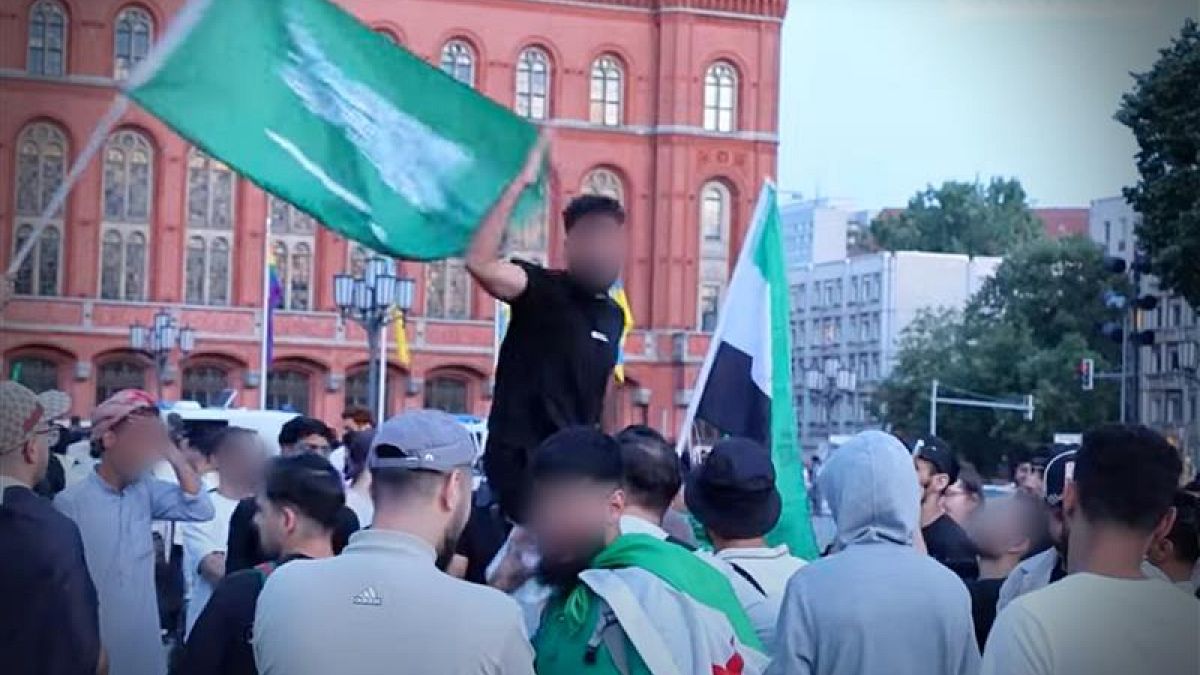

In an interconnected world where diverse issues surface each day, society bears witness to a spectrum of challenges and dialogues that encourage change, understanding, and hope. From religious discourse in Germany to humanitarian conversations around Venezuelan detainees, the narratives highlight both the hurdles and the potential for collective betterment.
In Germany, Seyran Ateş, the imam of the only liberal mosque, recently sparked a conversation concerning the “Islamisation” of Europe. Her remarks have evoked responses from myriad imams who express concern over what they perceive as potential divisions these sentiments could sow. The dialogue opens up a broader conversation about religious harmony and the importance of understanding within diverse communities.
Across the Atlantic, a story illustrating human resilience unfolds in El Salvador. Venezuelan men, initially expelled from the US, share their experiences of enduring challenging conditions in one of the country’s mega-prisons. Upon their return to Venezuela, individuals like José Manuel Ramos Bastidas find comfort in familial embrace, underscoring the profound impact of familial bonds amidst adversity. The broader discourse prompted by this narrative invites global introspection about justice and human rights, encouraging policy makers to forge systems that honor humane treatment and equitable justice.
In Germany, echoes of resilience are similarly present as Pride celebrations set the stage for both festivity and vigilance. Organizers of Berlin’s Christopher Street Day parade emphasize the importance of community solidarity in the face of increasing occurrences of aggression towards LGBTQ+ individuals. These manifestations are not only a celebration of identity but a unifying call for awareness, protection, and acceptance, drawing on the historical perseverance rooted in the Stonewall riots.
The challenges are no less profound in the UK where recent reports indicate a concerning overlap between individuals involved in public disorders and domestic abuse. Police data revealing such connections serve as a poignant prompt for dialogue centered on violence prevention and the socio-psychological underpinnings thereof. This situation presents an opportunity for communal healing and the establishment of preventive strategies rooted in empathy and compassionate support systems.
Lastly, in the United States, attention is drawn to Florida’s initiative in addressing immigration and deportation processes. Governor Ron DeSantis announces the transfer and deportation of detainees from the Alligator Alcatraz detention facility, signifying shifts in state and national immigration policies. These movements, coupled with the governor’s strong political stance on immigration, provoke discussions on the ethics, logistics, and humanitarian aspects of such actions.
Each of these narratives, though distinct in their context, joins a unified discourse on empathy, unity, and action. Through mindful dialogues and empathetic policy development inspired by lived experiences and historical wisdom, societies can navigate toward a more harmonious and equitable global community.
Source: {link}
